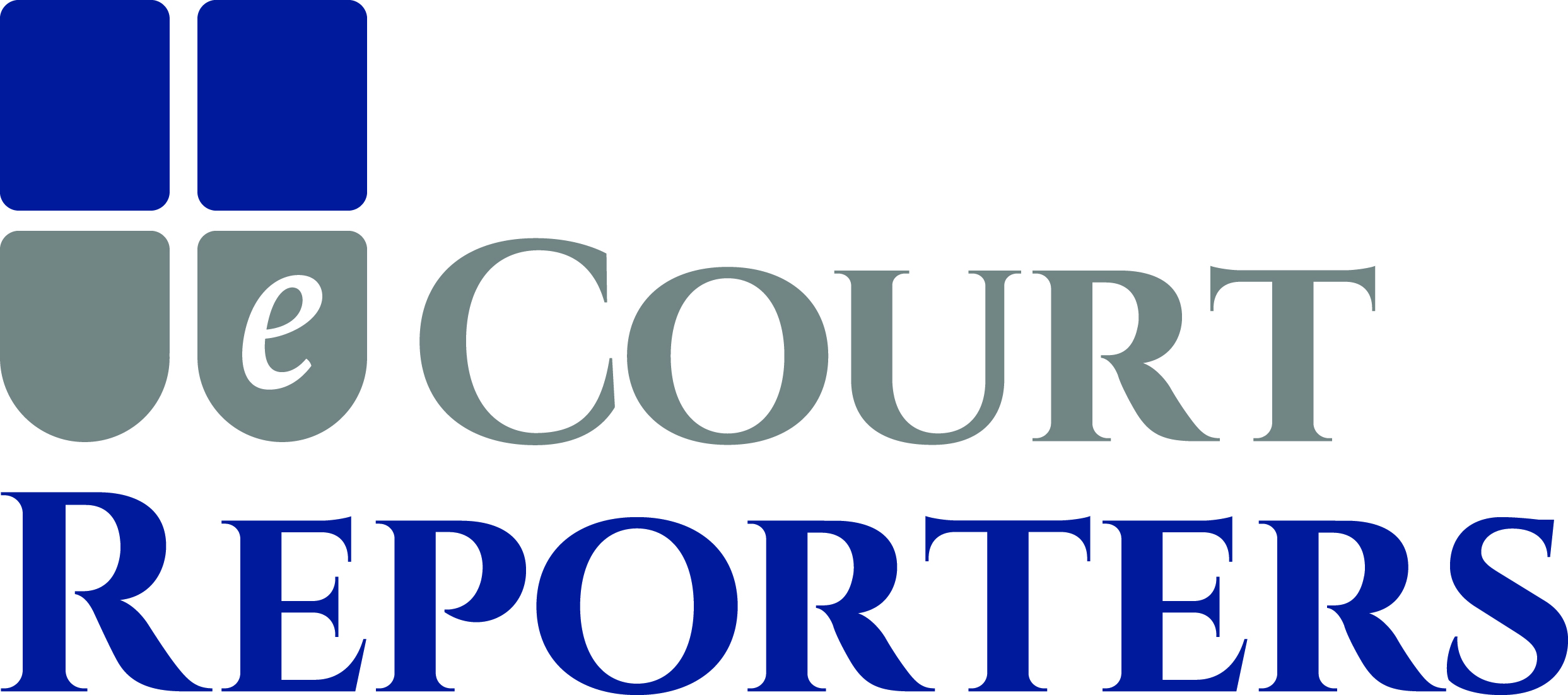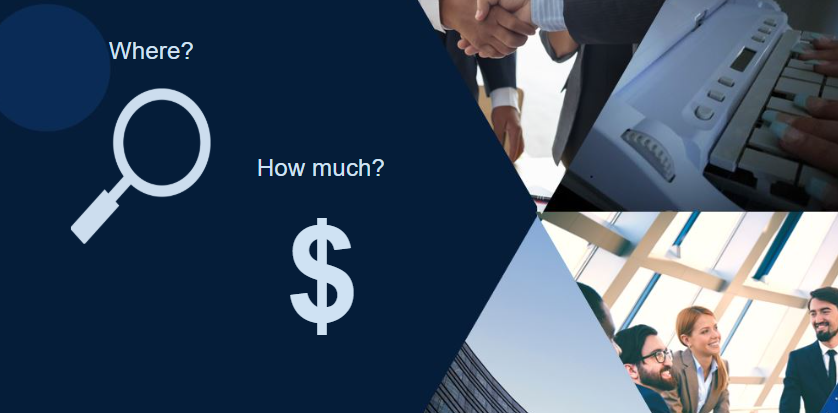Authentic Integrity: The New Artificial Intelligence, with Court Reporters at Its Core
In an era where artificial intelligence (AI) dominates conversations about innovation, efficiency, and progress, a quieter but equally powerful force is emerging: authentic integrity. While AI can process vast amounts of data, generate text, and automate tasks, it lacks the human essence that defines truth, trust, and accountability. Authentic integrity—the unwavering commitment to accuracy, transparency, and ethical responsibility—is proving to be the true cornerstone of meaningful progress. At the heart of this movement are court reporters, the unsung guardians of authenticity in our legal system.
The Rise of Authentic Integrity
AI has revolutionized industries, from healthcare to finance, by offering speed and scalability. Yet, as we marvel at its capabilities, we also confront its limitations. AI can misinterpret context, perpetuate biases, or produce “hallucinated” outputs or fabricated information presented as fact. In a world increasingly skeptical of misinformation, authentic integrity emerges as the antidote. It’s the human-driven commitment to ensuring that truth prevails, no matter the stakes.
Authentic integrity isn’t about rejecting technology; it’s about grounding it in human values. It’s about ensuring that the systems we build and the records we keep reflect reality with precision and trustworthiness. This is where court reporters shine, embodying the principles of authenticity in ways AI cannot replicate.
Court Reporters: The Core of Authenticity
Court reporters are the backbone of the judicial system, meticulously capturing every word spoken in courtrooms, depositions, and legal proceedings. Their work is more than transcription; it’s a sacred responsibility to preserve the truth.
Uncompromising Accuracy
Court reporters undergo rigorous training to achieve near-perfect accuracy, often typing at speeds exceeding 225 words per minute with error rates close to zero. Unlike AI, which can mishear or misinterpret audio, court reporters ensure that every word is captured precisely. Their transcripts are the official record, relied upon by judges, attorneys, and appellate courts to uphold justice.
- Ethical Stewards of Truth
Court reporters operate under strict ethical codes, maintaining neutrality and confidentiality. They don’t just transcribe, they safeguard the integrity of the process. In contrast, AI lacks moral agency. It can be manipulated or misused without accountability. Court reporters, by contrast, are accountable to the court, the law, and the public, ensuring that their work upholds the highest standards of trust. - Human Connection in a Digital Age
While AI can process audio files, it cannot build trust with the people it serves. Court reporters interact with attorneys, witnesses, and judges, fostering confidence in the judicial process.
Why Authentic Integrity Matters More Than Ever
As AI becomes more prevalent, the risk of dehumanizing critical processes grows. In legal settings, automated transcription tools are often touted as cost-effective alternatives to court reporters. Yet, studies consistently show that these tools fall short. A 2020 study by the American Association of Electronic Reporters and Transcribers found that automated transcription software had error rates as high as 25% in noisy or complex environments, compared to less than 1% for certified court reporters.
These errors aren’t just technical; they have real-world consequences. A misinterpreted word in a trial transcript can lead to wrongful convictions, overturned verdicts, or costly appeals. In contrast, court reporters deliver records that are reliable, admissible, and defensible, ensuring that justice is served without compromise.
Beyond the courtroom, the principles of authentic integrity resonate across industries. In journalism, healthcare, and corporate governance, the demand for accurate, trustworthy records is growing. As we navigate a world of data and disinformation, the human commitment to truth becomes our greatest asset.
The Future: Blending Technology with Human Integrity
The rise of authentic integrity doesn’t mean rejecting AI; it means using it wisely. Court reporters are already embracing technology, using stenography software and real-time transcription tools to enhance their work. But unlike AI, they don’t let technology replace their judgment or ethical responsibility. They harness innovation while staying true to their core mission: preserving the truth.
This balance is a model for the future. As AI continues to evolve, industries must prioritize human oversight to ensure that technology serves humanity, not the other way around. Court reporters are leading the way, proving that authentic integrity is not just a value, it’s a competitive advantage.
Court Reporters are the Vanguard of Truth
In a world obsessed with artificial intelligence, authentic integrity is the new frontier. It’s the human spark that ensures trust, accountability, and justice in an increasingly digital age. Court reporters, with their unparalleled accuracy, ethical commitment, and human insight, are the core of this movement. They remind us that truth isn’t just a byproduct of technology; it’s a responsibility we must actively uphold.
Court reporters who embody authentic integrity are the guardians of truth, ensuring that the record of our lives and our laws remain secure. In a world of algorithms, their human touch is the ultimate intelligence.
eCourt Reporters upholds authentic integrity with a listing of vetted, certified stenographers, voice writers, and legal videographers for law firms to be assured of protecting their records.




